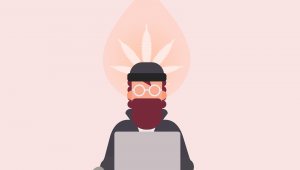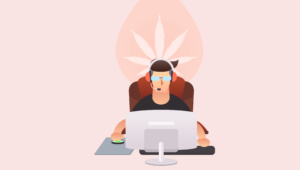Since October 2018, cannabis — both hemp and marijuana are legal for both medical and recreational use.
Today, you can purchase hemp-derived CBD products and marijuana flowers across Canadian dispensaries without a doctor’s prescription.
Legal cannabis comes with strict regulation and plenty of legal hoops to jump through just to be able to operate in the Canadian market. Many companies operating in Europe and the United States are unavailable in Canada as a direct result of this.
The best place to find CBD products approved for the Canadian market is at CBD Oil Canada.
This article will take you on a walk through the Canadian CBD world where you’ll learn the best options for buying CBD.
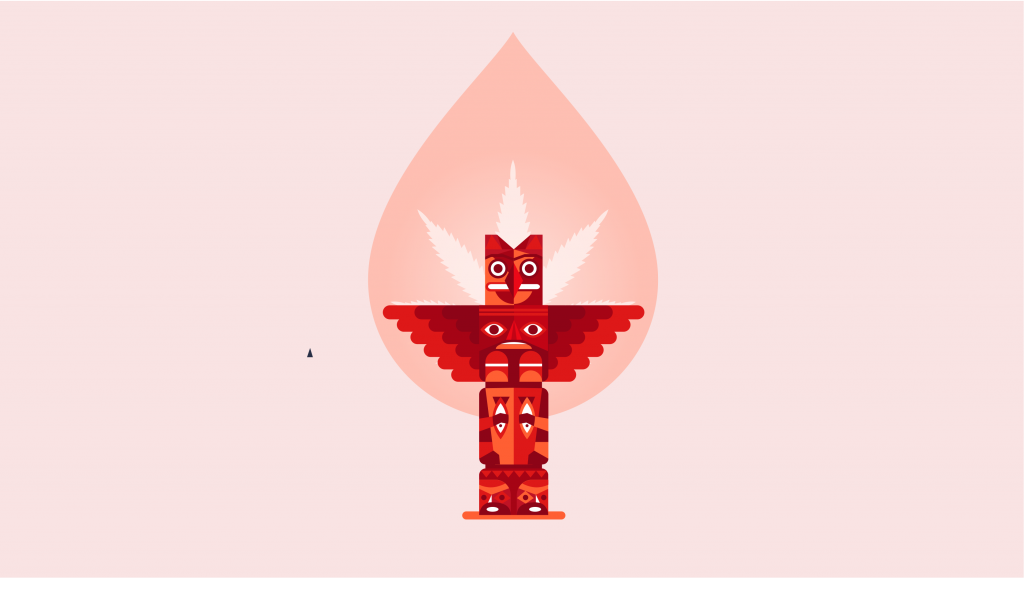
Summary: Buying CBD in Canada
- For the most part, CBD oil brands in Canada aren’t available outside the country — for the best selection of Canadian-specific CBD products, check out the selection at CBD Oil Canada
- CBD is regulated under the Cannabis Act, and it falls under the same regulations as cannabis — regardless of its THC content
- CBD oils are completely legal in Canada, and you can buy it without a prescription
- You won’t be able to buy CBD oil from most US or European CBD brands (exception is Endoca)
- CBD retailers must be authorized to sell cannabis products — a process that can take many months and cripling legal fees
Best CBD Vendors in Canada
1. CBD Oil Canada (Third-Party Vendor)
CBD Oil Canada is an online shop that carries most of the Canadian vendors on this list. They’re a third-party vendor which means they don’t actually make their own CBD products — they merely offer a selection of different brands like any other retail or ecommerce shop.
2. Honest Botanicals
Honest Botanicals is based out of Vancouver where they have access to some of the best hemp in Canada, all year round. They carry all the essentials — topicals, oils, capsules, gummies, and a few other categories. Pricing remains competitive with the Canadian market and their products meet all the expectations for testing and potency.
3. Island Therapeutics
Island Therapeutics is based on Vancouver island. They specialize in full-spectrum holistic CBD products. Some of their products feature additional herbs and nutrients to provide even greater benefit for combatting symptoms like pain or anxiety.
4. Miss Envy
Miss Envy is another Vancouver-based company (seems to be a bit of a pattern here) with some top-notch cannabinoid products — not limited to just CBD.
This company carries some of the best CBD concentrates and phoenix tears we’ve tried yet.
How to Buy CBD Products in Canada (Legally)
The Canadian CBD market is very different from pretty much everywhere else simply because the whole plant is legal and regulated. The same restrictions apply whether a company is selling CBD oil or psychoactive THC oil.
In order for CBD brands to operate here, they need to spend a ton of money on legal fees and applications and endure a rigorous application process that can take over a year to complete.
This process makes the CBD industry much more reliable than in places like the US — but it also drives up the price of CBD oil and severely limits the number of companies that offer their products in Canada.
In order to even sell CBD oil in Canada, companies need to go through a completely separate application process that requires a lot of experience to navigate. This makes it both tedious and expensive.
This means many US brands haven’t bothered to apply and don’t offer direct shipping to Canada. It also means the CBD marketplace in Canada is very unique to the country. Many of the brands operating here aren’t offered anywhere else in the world.
The best place to shop for Canadian CBD products is through a Canadian CBD marketplace.
I live in Canada and have used this company several times. My favorite brand here is Island Therapeutics — which sell some really nice full-spectrum hemp extract grown in the beautiful Cowichan Valley on Vancouver Island.
Tips for Buying CBD in Canada
- Order from a Canadian-certified CBD retailer
- European CBD brands are more likely to ship to Canada than US brands
- Understand the differences between CBD oil and THC oil
- Expect to pay about 15% more for CBD oil in Canada compared to the US
- Know your retailer/company — shop from proven brands like Island Therapeutics
- Don’t look purely at aesthetics — your CBD product can have great branding and still be of poor quality
- Look for evidence of third-party testing before you buy
- Avoid buying CBD labeled with health claims — this is illegal in Canada
A Brief History of Cannabis Laws in Canada
Canada has a complex cannabis history.
At the beginning of the 19th century, hemp cultivation was considered “the source of wealth to settlers.” The government distributed hemp seeds to farmers in hopes of stimulating the economy for its many potential uses.
Towards the end of the century, cannabis production was replaced with cotton due to cheaper labor costs.
In 1923, cannabis was added on the Confidential Restricted List under the Narcotics Drug Act Amendment Bill — 14 years before the United States prohibited cannabis.
Historians believe that one of the main reasons for cannabis prohibition was a paragraph from the book, The Black Candle. The author, Emily Murphy — the first female magistrate in Canada — described cannabis as an initiator of homicidal tendencies in users.
In the period between 1930 – 1940, cannabis convictions increased. Through the following years, cannabis was more and more equated with marijuana, and its psychoactive effects, which ultimately affected hemp’s legal status.
Marijuana became popular in Canada in the 60s with the rise of the counterculture. Ten years later, advocates made efforts to legalize marijuana.
In 1998, the Canadian government allowed cultivation and processing of industrial hemp under very restrictive rules.
In 2003 and 2004, two bills on the decriminalization of recreational marijuana failed. In 2006, penalties increased, and the maximum sentence on cannabis production doubled from 7 to 14 years.
Today, under the Cannabis Act, cannabis — regardless of its THC content — is completely legal in Canada. The country allows the cultivation of both marijuana and industrial hemp.
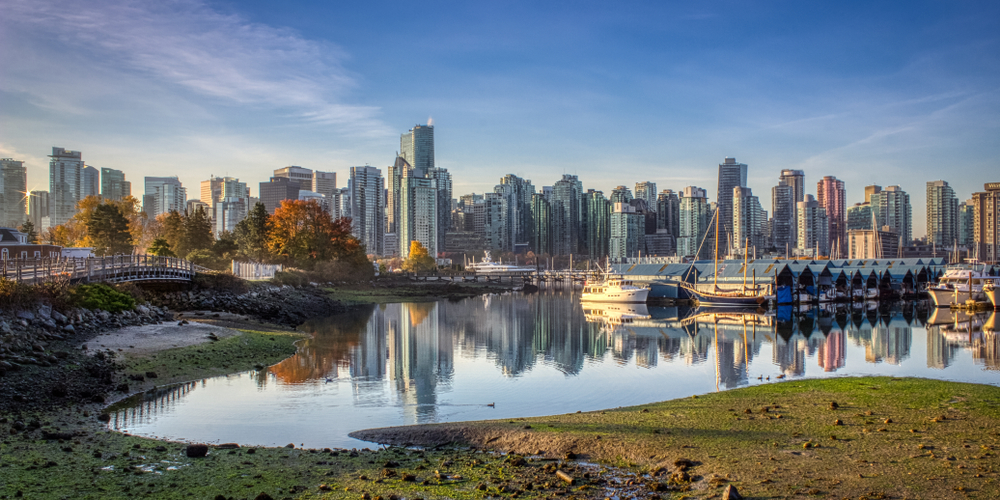
Is CBD Legal In Canada?
Under the Cannabis Act, both marijuana and industrial hemp are completely legal in Canada. However, only cannabis licensed processors and retailers can extract, produce, and sell CBD.
For consumers, it’s easy to order CBD oils if you live in Canada. The hard part is for the people and companies selling CBD oil.
Canada has very strict regulations about who can sell cannabis products. Everything from the storage, labeling, advertising, and pricing are tightly controlled by the Canadian government.
Anybody that wants to sell CBD oils in Canada needs to go through a complicated application process that can take several months. The whole process costs a fortune and leaves a lot of startup founders pulling their hair out.
Is Delta 8 THC Legal in Canada?
The short answer is yes, all naturally-occurring analogs of THC are legal in Canada.
The active ingredient in marijuana is THC. Most THC in the cannabis plant is a specific isomer called delta 9 THC.
Lately, there’s been another version of THC circulating around called delta 8 THC. It’s popular because it gets a pass from some of the more prohibitive marijuana laws in places like the United States. Learn more about the legal status of delta 8 THC in the United States.
But it goes much further than this.
Delta 8 THC actually has a different high than the standard delta 9 isomer. It’s much more chilled-out and relaxing. People who find regular THC products too “anxiety-inducing” will likely prefer the effects of delta 8.
In Canada, delta 8 THC is entirely legal for both recreational and medical purposes. All marijuana-derived products are considered legal here, including the delta 8 isomer.
Check out our delta 8 THC “do not buy” list.
Related: What is delta 10 THC?
Canadian Law: What is The Cannabis Act?
During his campaign in 2015, Canada’s Prime Minister Justin Trudeau promised to legalize recreational marijuana. In October 2018, the Canadian Cannabis Act came into effect, amending the Controlled Drugs and Substances Act, and the Criminal Code.
Before the Cannabis Act, CBD was strictly regulated under the Controlled Drugs and Substances Act and was illegal to produce it or sell unless it was authorized for medical or scientific purposes.
The Cannabis Act includes several regulations on the cannabis plant — both marijuana and hemp.
Following its rules, you must be at least 19 (18 in Alberta and Quebec) years of age to purchase cannabis products, and you’re limited to 30 grams of dried cannabis in public at a time.
30 grams is pretty generous. This works out to just over an ounce, which is plenty for most cannabis users in a given day, but not so much that it’s even worth selling on the black market.
The Canadian government employed strict penalties if users don’t abide by these rules. Possession over the 30 gram limit could lead to 5 years in prison.
Can I Take CBD Oils From Canada to the US?
It’s illegal to transport any cannabis products across the US-Canada border. This is true even in cases where the border-state considers CBD completely legal. Even though you’re traveling from Canada to a legal-US state, the border is the domain of the federal government — where Cannabis is considered a Schedule I drug.
Europe is also problematic for transporting CBD products. While I’ve heard many stories of people doing this without any issues — some countries strictly ban any cannabis products which could land you in some serious trouble if caught.
Do not cross any borders with CBD products.
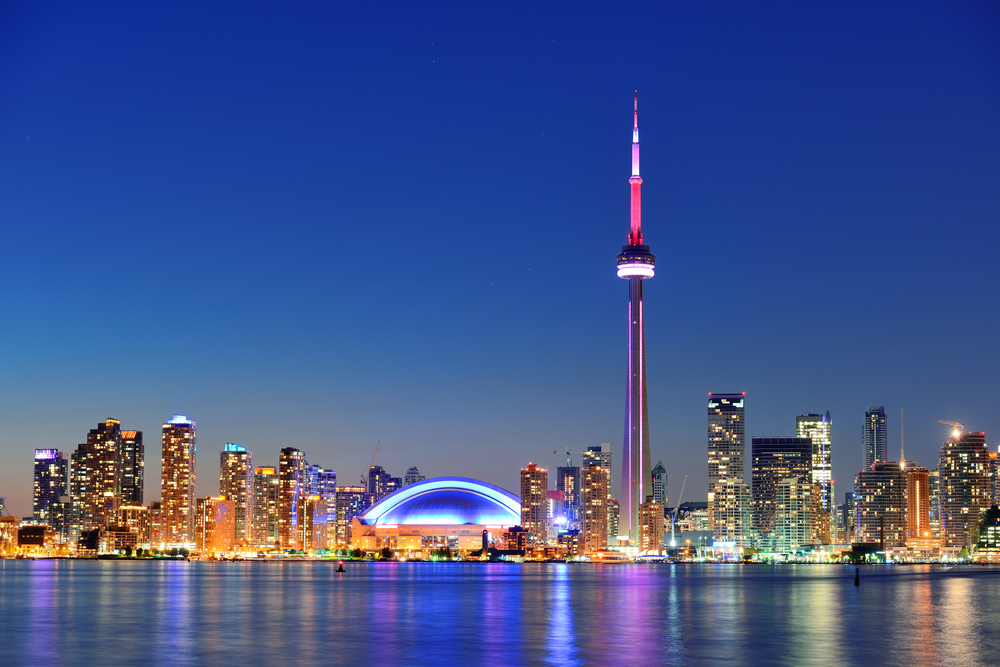
How is Industrial Hemp Regulated Under the Cannabis Act?
The Cannabis Act includes a specific regulation on hemp, known as the Industrial Hemp Regulations Program (IHR). The Industrial Hemp Regulations Program defines hemp as a cannabis plant and plant parts with a THC content of 0.3% or less in the leaves and flowering heads [1].
Under this program, Canadian farmers can grow low-THC cannabis — which we’ll refer to as industrial hemp — under government-regulated conditions. To cultivate, process, and sell industrial hemp, Canadian farmers must obtain a federal license.
The IHR allows the procession and sale of industrial hemp derivatives such as hemp seed oil, hemp flour, and hemp seeds.
Under the IHR, industrial hemp does not include derivatives obtained from the flowering parts of the leaves.
Therefore, farmers who want to extract derivatives from industrial hemp (including CBD), must obtain a cannabis processing license.
The cannabis processing license authorizes the grower to cultivate hemp for the parts that have CBD and process them for CBD products.
Without this license, the hemp grower can still cultivate the plant for CBD-containing parts but only sell them to a licensed cannabis processor.
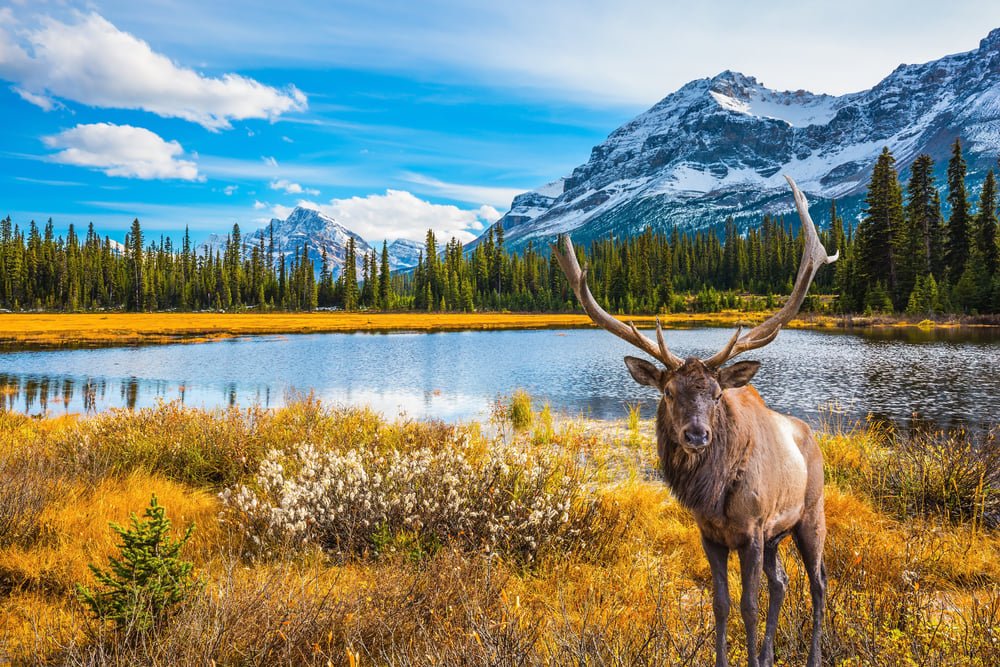
Final Notes on Buying CBD In Canada
Canada is a cannabis enthusiast’s dream. The country’s laws are friendly towards the cannabis plant — which means buying both hemp and marijuana products easy to buy online and in-store.
However, along with the openness comes a lot of regulation. Canada treats cannabis products a lot like alcohol — which means there are strict rules regulating who can make and sell CBD products.
Selling CBD oils in Canada requires a lot of money, and a lot of legal hoops to jump through which can take several months or longer.
Most of the CBD brands sold in Canada are strictly based out of Canada. You’ll be hard-pressed to find American CBD companies that ship that far North. You’re more likely to find a European company that ship CBD oils to Canada, but the shipping rates can be hard to justify.
Instead, head to a marketplace like CBD Oil Canada, or check out some Canadian CBD brands like Island Therapeutics, Ontario Cannabis Shop, or Tilray.

